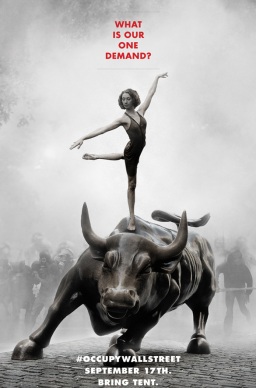For anyone who did not grow up with the original Nintendo
game system, the Mario Brothers (Mario and Luigi) are the central characters in
a series of side-scrolling games. Jumping on goombas and slamming their heads
into mystery boxes, they made Nintendo famous, and a whole lot of coinage. When
I left the States, they were still enjoying success and fame with Paper Mario,
and are virtually Nintendo’s silent spokesmen. My favorite game for the longest
time was Super Mario Bros. 3, which gave Mario and Luigi the ability to fly
thanks to a leaf, a raccoon suit, and a complete disconnect in logic.
However, the nonsense in 3 was easily swallowed after the
nightmare that was Super Mario Bros. 2. I say this completely without malice
because anyone who finished the game found out that the entire episode actually
was a nightmare that Mario wakes up from. It has everything from pyramids, to
flying carpets, to potions that induce trips to an inverted dreamland that is
even farther “down the rabbit hole” if you realize that it’s a dream within a
dream. As an adult, though, my only real complaint is the mechanics of the
whirling dust devils.
In the game, the twisters act like enthusiastic trampolines.
You jump in, you bounce, and you can catapult yourself out. Turns out, in real
life, they should only be admired from afar. The only similarity that the
virtual dust devils bear to real ones is that inside of one, they really do
spin you about.
This is my last weekend in Manlai before making the trip to
Ulaanbaatar with absolutely all of my possessions, and yet I’m still learning
new things about life in the Gobi. I was making the short walk from school to
my ger when I saw the dust devil sweep over a nearby house. I also saw the
little kids next to me scurry inside the nearest building which happened to be
the dormitory for the herder children whose parents still subscribe to the
nomadic lifestyle out of necessity. Instead of quickly following the kids
inside, I kinda simply stared at the vortex. No lasting damage was done at all,
but the second or two inside of the dust devil scared the hell out of me as I
couldn’t breathe and airborne rocks scratched the face and the hands covering
my mouth. As I stupidly spun, I couldn’t think rationally enough to simply step
out, but flashed to the memory of my first real sandstorm. That time too, I did
nothing but watch it approach, doing little more but idly speculate about how
the brown dirt looked against the blue sky. Thankfully, my friend Bayaa was
with me and after a little miscommunication got me to run to my ger (I really
thought he was asking me if I enjoyed running, which for the record, I do not).
Lessoned
learned: mimicry is a fantastic survival method,
- John
(Thus ends my recap, which also means my trip to Colorado is wrapping up. Let's see how that turned out. Writing this with 30 minutes before leaving, I am bouncing up and down with excitement. I won't get too personal here, but this lady is a special one.)
